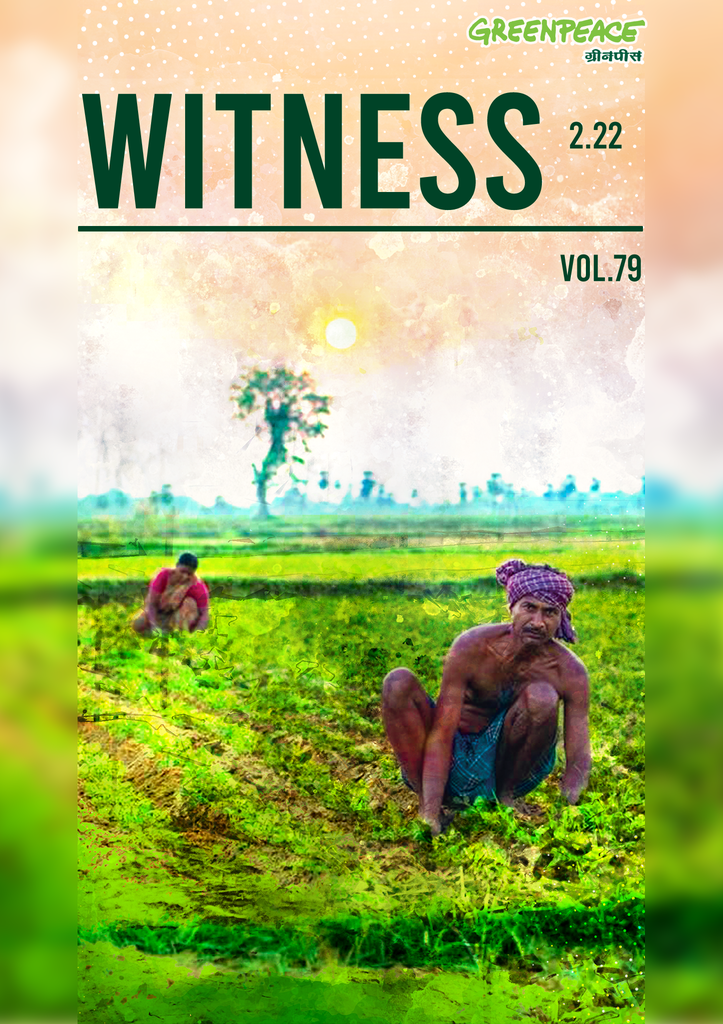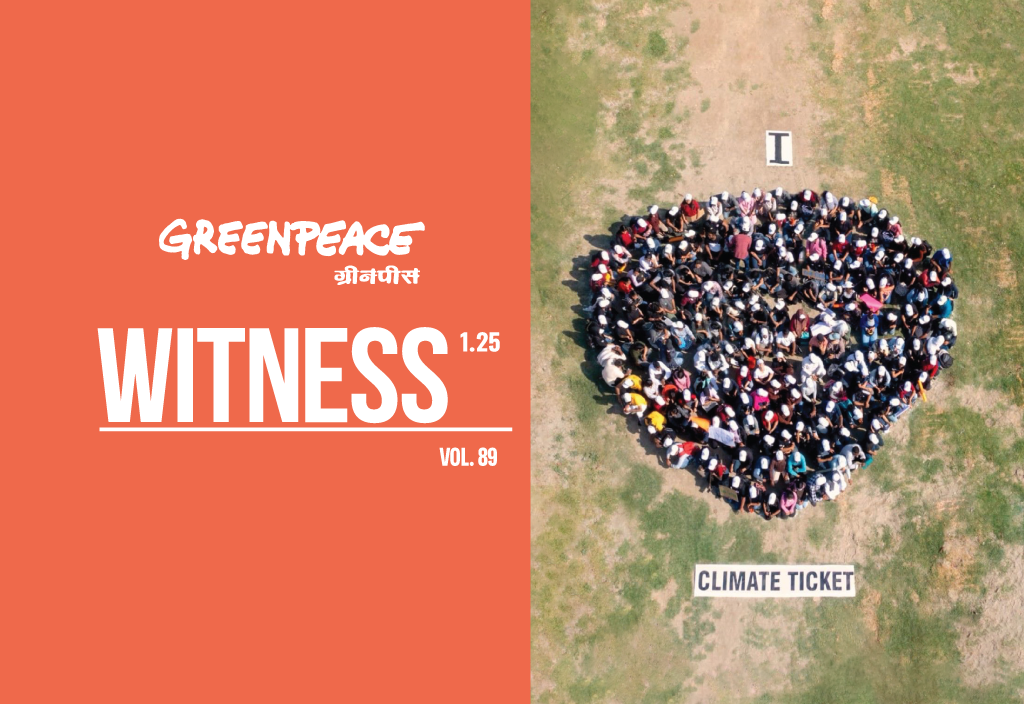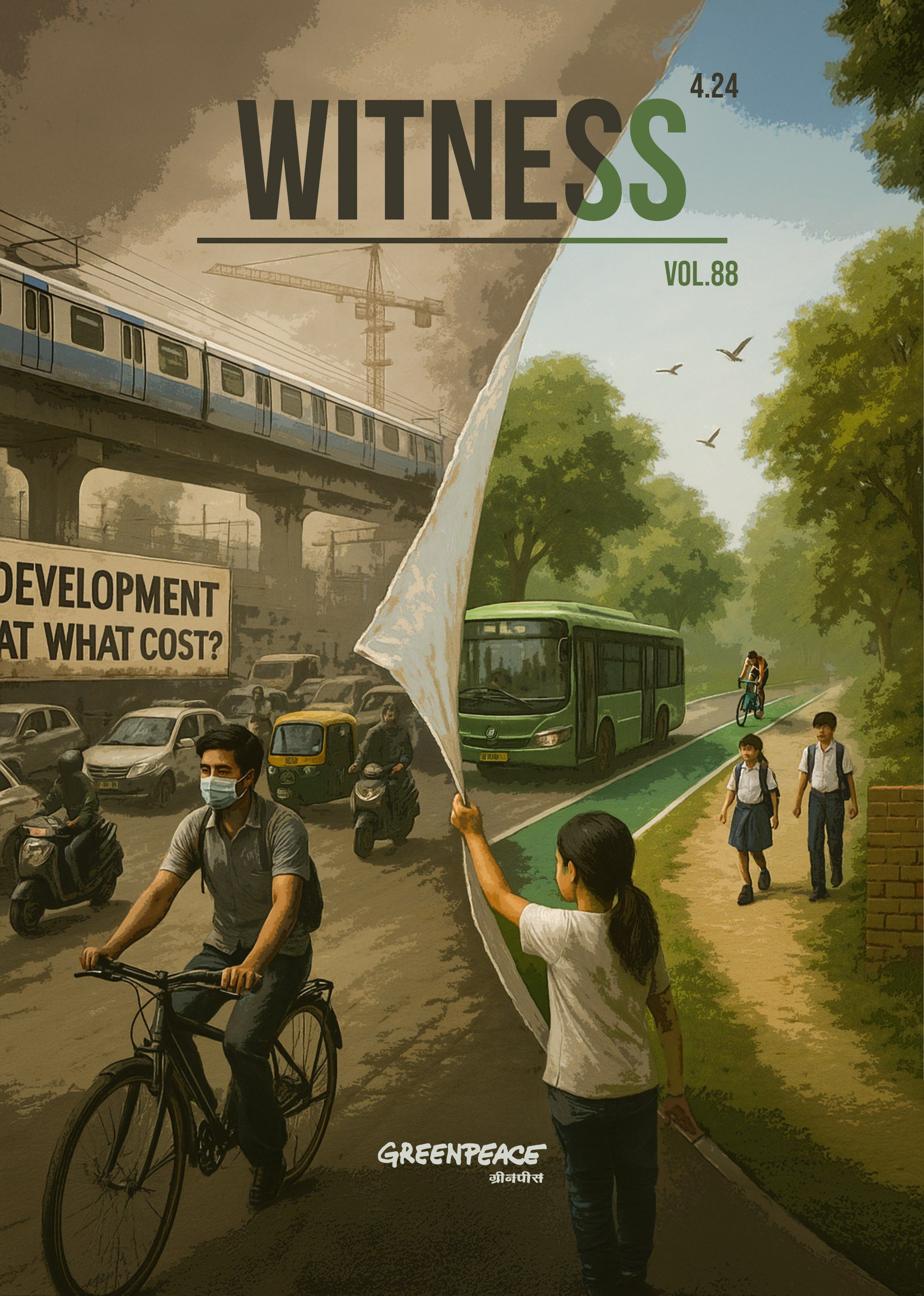
As we advance into 2022, we continue to build momentum for the climate movement with reinvigorated force. Over 10,000 citizens supported and signed our petitions addressed to the Central Pollution Control Board seeking revision in the National Ambient Air Quality Standards (NAAQS) for India. This quarter, we also launched Let’s Flex It under our sustainable mobility campaign – DetoxCity. Let’s Flex It focuses on establishing the direct correlation that exists between flexible work policies, vehicular congestion and air quality. Additionally, owing to the success of the organic agriculture project in Kedia, the village is now recognised by the Government of Bihar as a resource centre for sharing knowledge about organic farming in the state.
We’ve got news about our ongoing campaigns and more in our latest Witness!




Discussion
Food and Agriculture Organization of the United Nations warns 90 per cent of Earth’s topsoil at risk by 2050. Ratan Lal, soil scientist and winner of the 2020 World Food Prize clearly stated that soil health is degraded in most region of India. Pesticides, which were once considered a boon for farmers, are now seen as a threat as they continue to take a toll on both land and lives. Pesticides is powerful poison, but both- buyer & seller ignorant even the safety aspect involved in its use, yet unrestricted availability even in a remote rural areas, any common person can visit any input dealer across India and can purchase orange or red label pesticides without knowing its needs. Indian tea is popularly known as a breakfast tea for rich taste, bright liquors, malty flavor with a dark brownish colour, but changes observed due to excessive use of chemical pesticides, there is an urgent need to look beyond the routine chemical intensive practices, but due to the double standard of MNC’s, chemical control of weeds still remains the most widespread agronomic practices, a glyphosate herbicide that has been applied in staggering quantities in the tea estates , another old favorite that refutes to go away is the herbicide paraquat. Bad news not ends at here, spurious pesticides another major problem. The matter requires even more attention now sale of banned chemicals in the name of herbal pesticides, the use of unmonitored spurious pesticides without having CIB registration serious threat to the end users, the ecosystem and ground water and negative impact on wildlife. Thanks to the GREENPEACE for the effort to reduce CO2 , N2O, CO2 from agricultural practices.